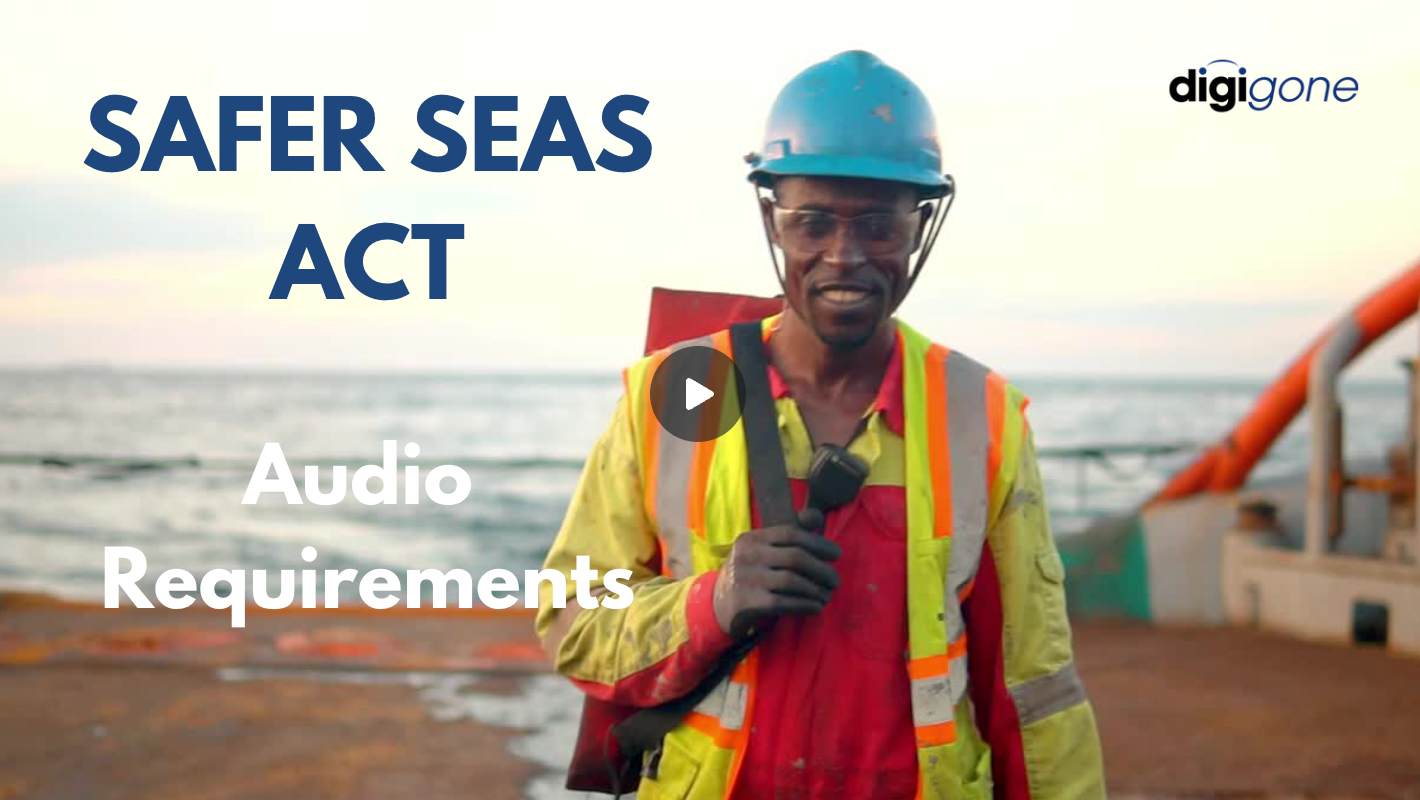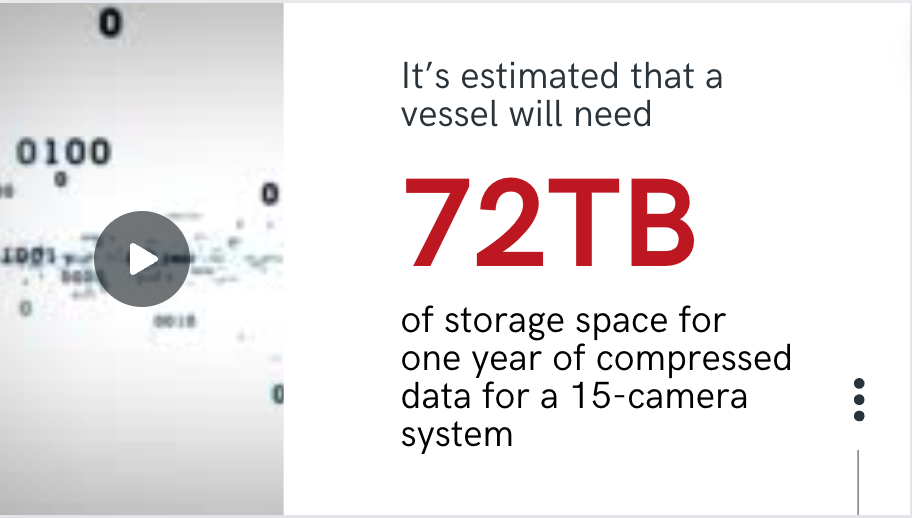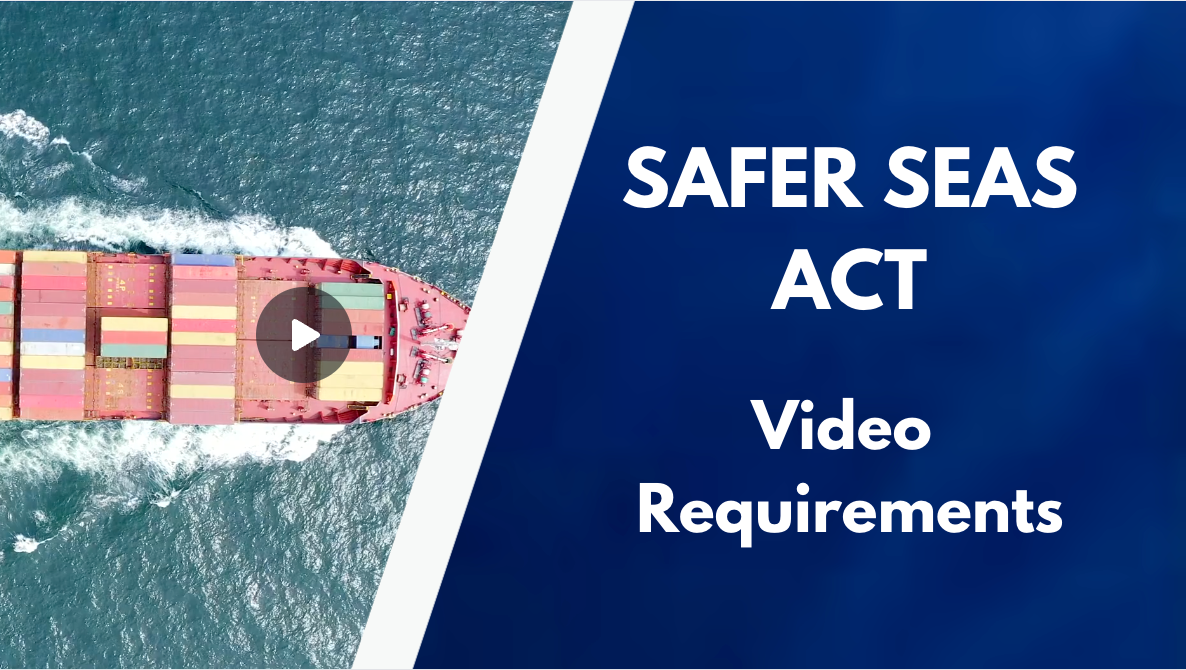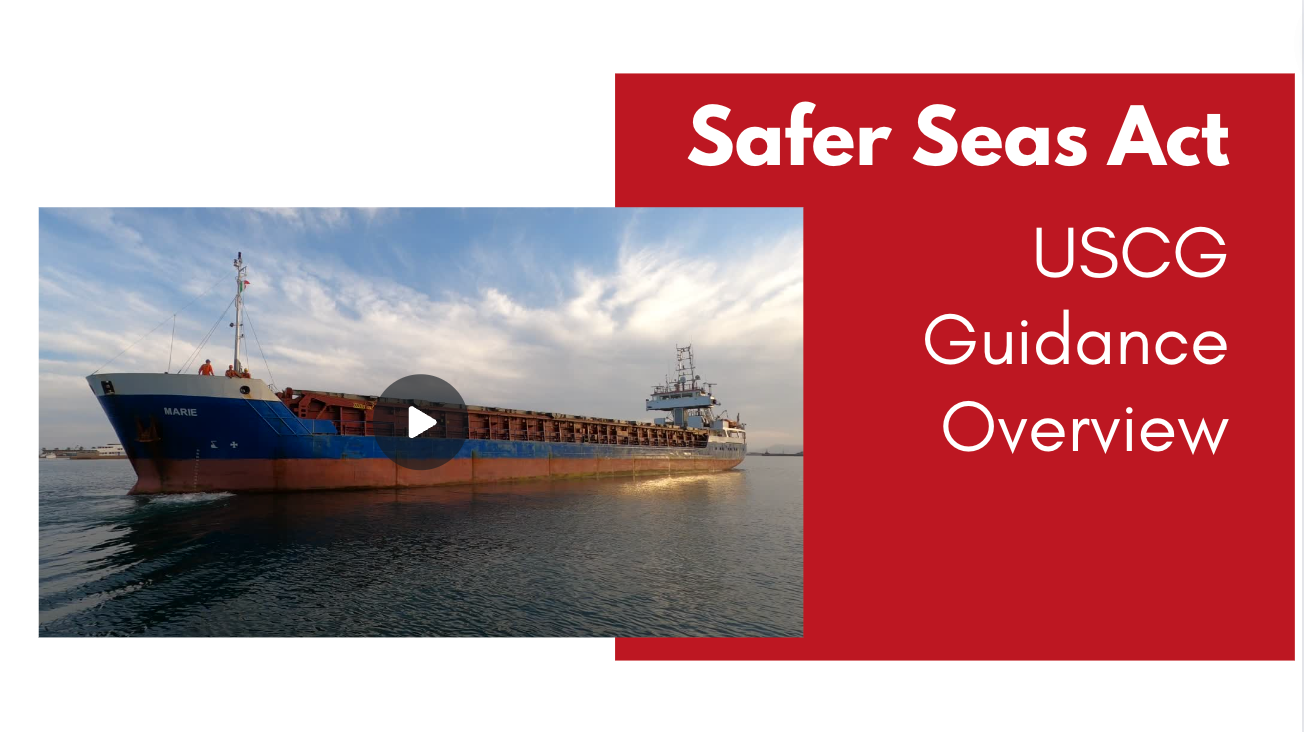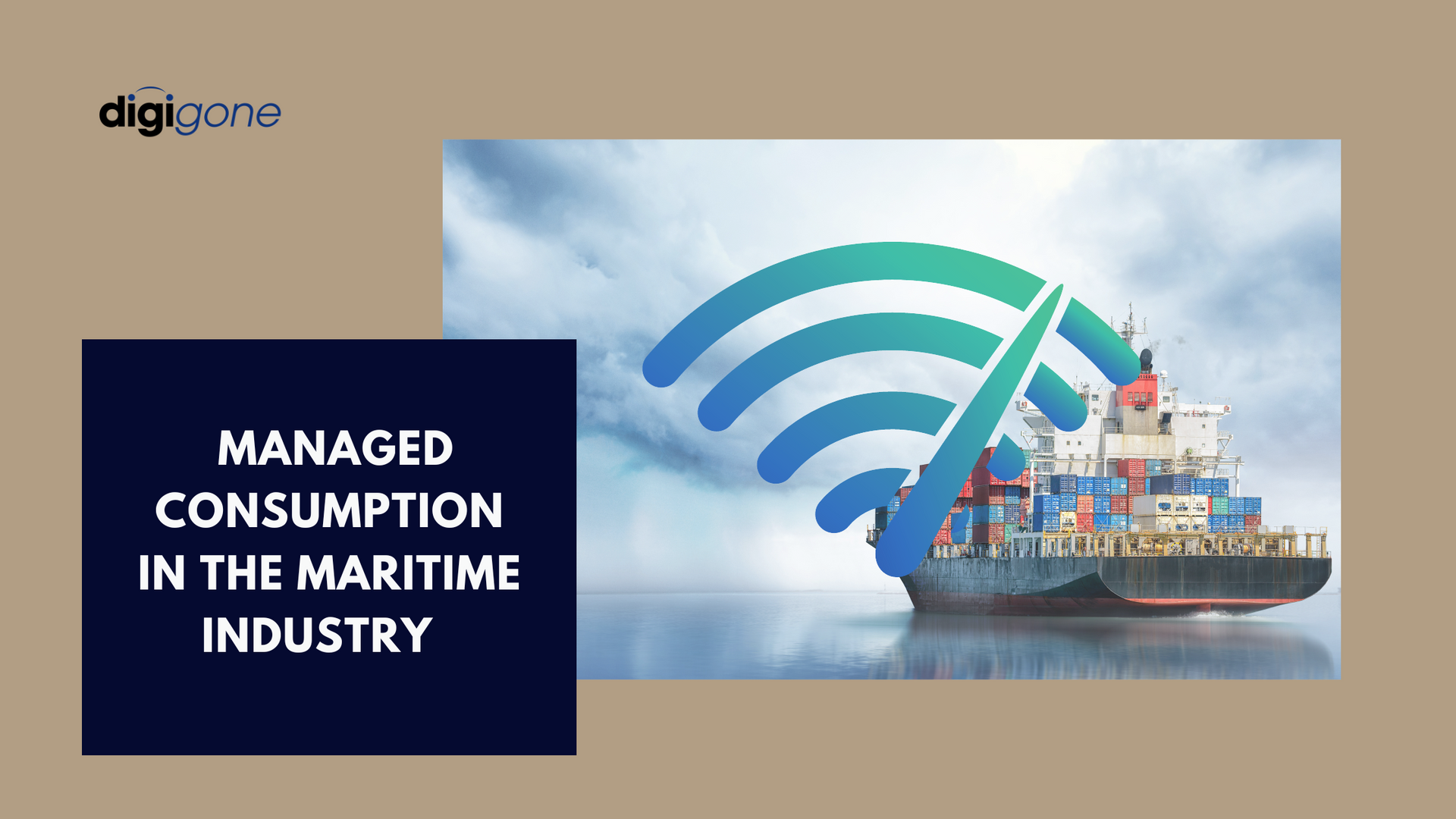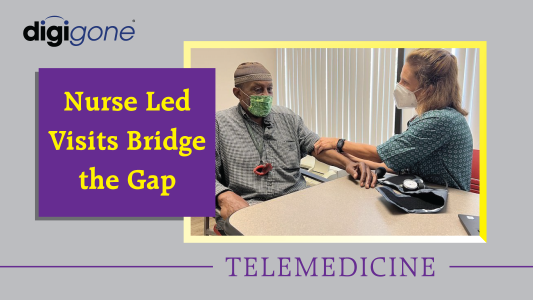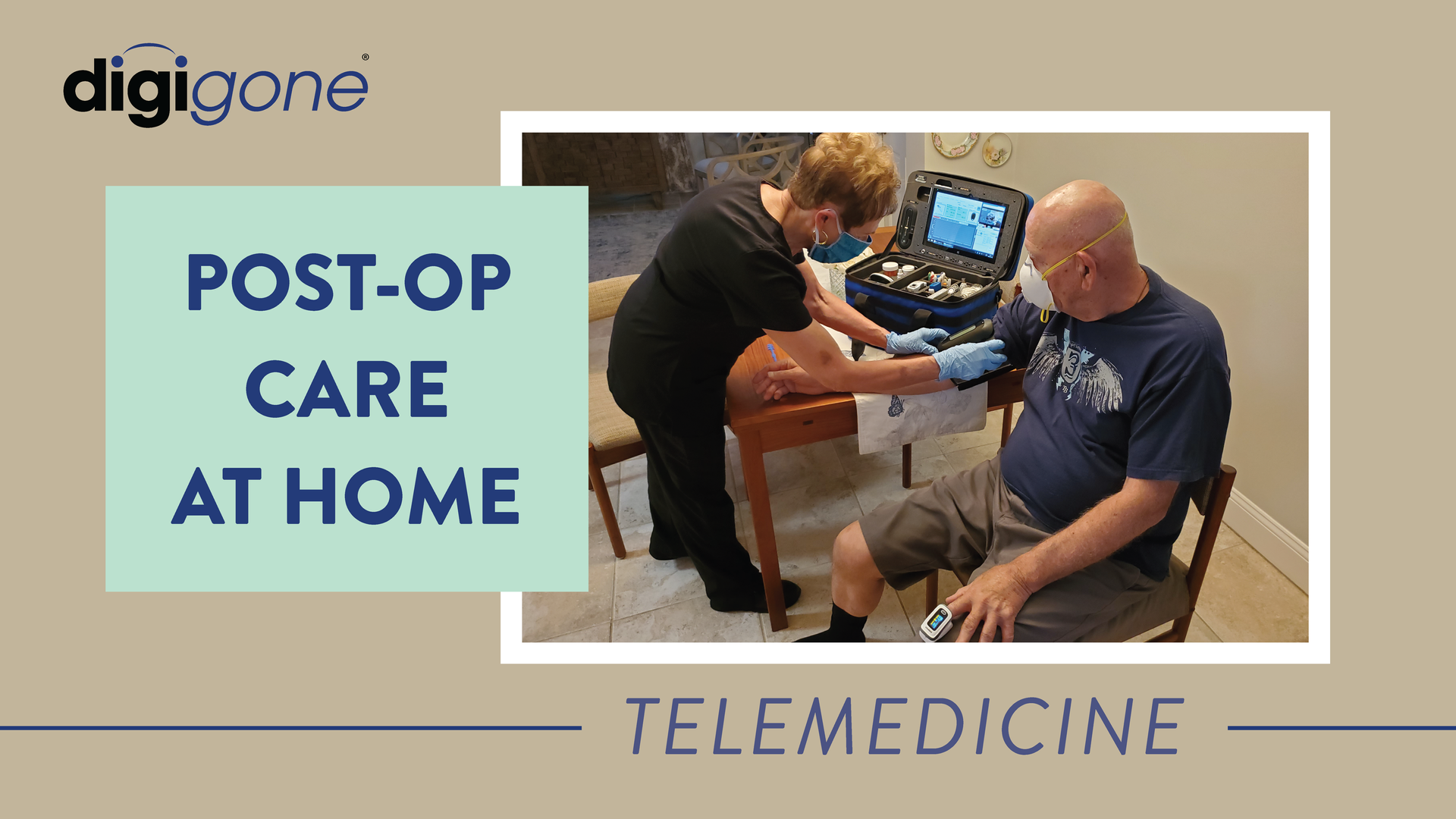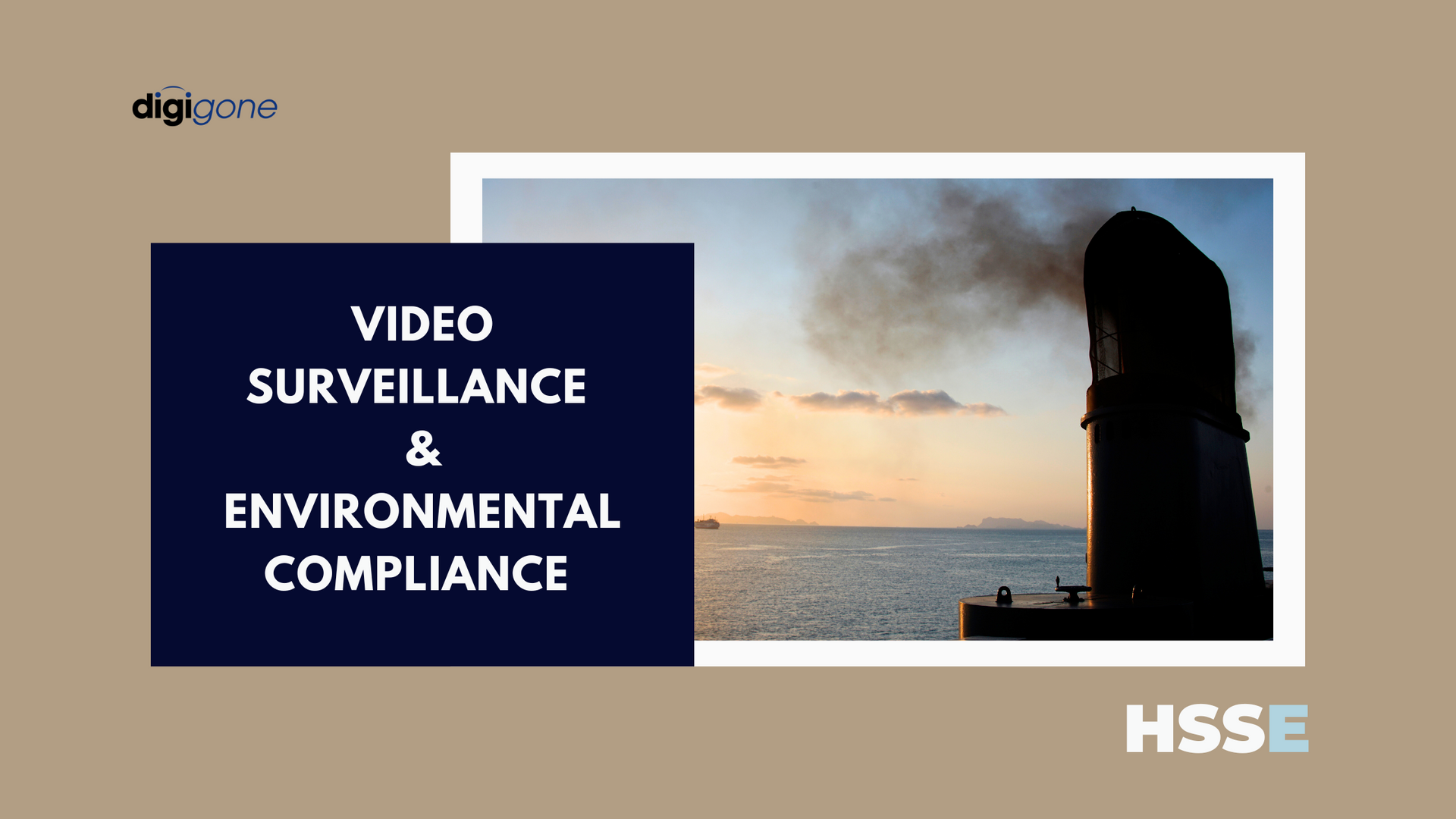In Sync: Managed Bandwidth and Crew Welfare
How Companies Can Leverage Bandwidth for Better Crew Health
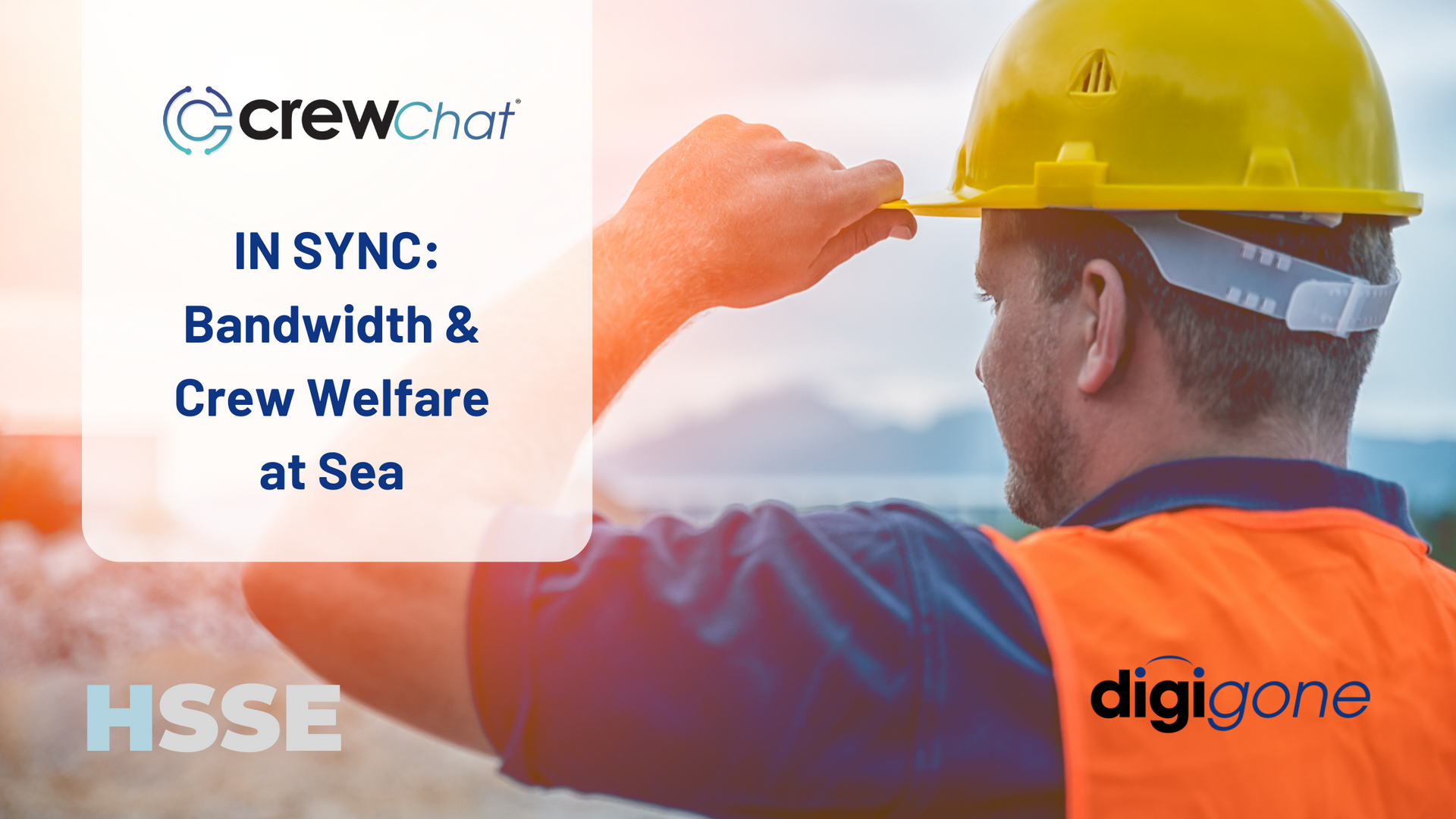
A career in the maritime industry is tough, no question. Few industries rival the challenges mariners face from long deployments, isolation, rigorous workloads and the potential for real danger on several fronts. Mariners have proven that not only can they persevere through these challenges, but they were also able to endure a pandemic and ongoing geopolitical issues. All while propping up our global supply chain.
Needless to say, it’s long overdue that crew welfare has come to the forefront of the industry.
Studies have shown that mariners experience significant incidents of depression. Dr. Marissa Barker with the University of Washington
found that 45% of mariners reported depression due to lack of access or inadequate access to the Internet on a vessel during COVID. Additionally, 38% reported feelings of depression caused by a lack of access to a cell phone or inadequate service while in port, harbors, and inland waterways.
During the pandemic, a lack of communication was a bigger contributor to depression than having to quarantine. That says a lot.
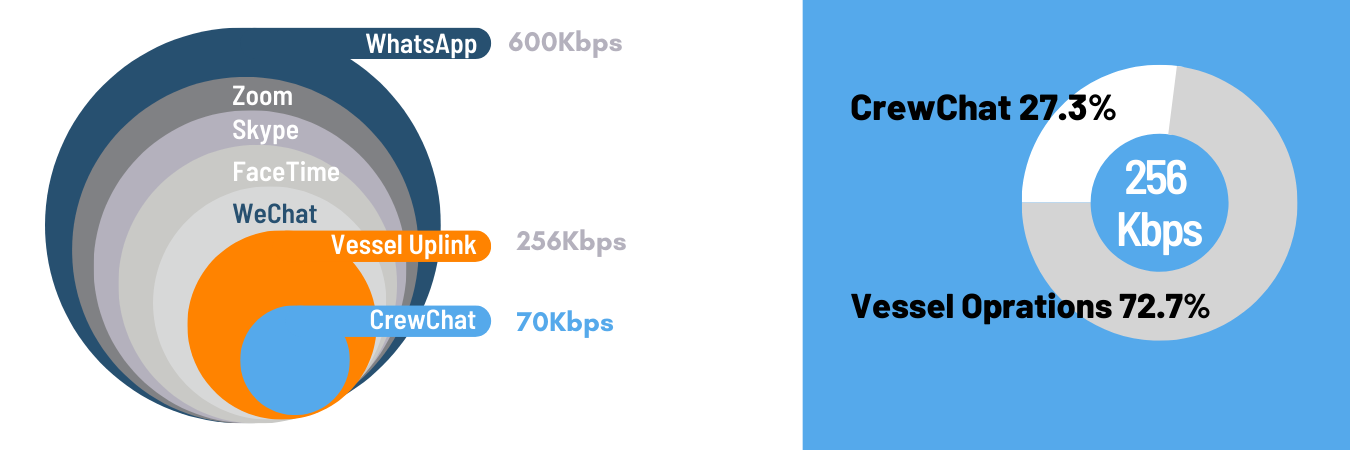
And while these numbers are striking, Kurt Ellison at the University of Washington College of the Environment writes that Dr. Barker’s study likely underreports the true numbers:
“This study captured less than 1% of credentialed mariners in the U.S. and relied on self-reporting, suggesting that respondents were those most motivated to participate in the survey. My experience suggests that maritime work is often a ‘culture of silence.’”
Ellison, who has worked as a mariner, points out that the study leans on licensed officers when there are likely two or more unlicensed crew members for every licensed officer, who are less inclined to voice a complaint (if they’re even asked).
This culture of silence helps no one. Aside from your employees working in miserable situations, when given the chance, they’ll walk.
Not being able to connect with family and friends during deployment significantly contributes to feelings of depression. In her report, Dr. Baker recommends ways to increase mental health and well being, which primarily focuses on access to mental health services aboard a vessel through services like
digiMed.
As well, a simple phone call can be a lifeline. Either to friends and family or to mental health services. Access to reliable video and voice communications should be a right not an amenity, especially given how readily available the technology is.
This is why DigiGone created
CrewChat. And it’s simple:
A 3MB application management program (AMP) is remotely installed on the vessel or location network.- Crews download the CrewChat app and schedule times to make calls.
Most importantly, CrewChat uses no more than 70Kbps of a vessel’s total 256Kbps (less than 30%), allowing all other essential vessel operations to continue as calls are made.
Not only do seafarers have a right to basic communication, prioritizing crew welfare will increase recruitment and retention and boost crew morale.
DigiGone recently launched CrewChat an ultra-low bandwidth voice and video communications tool for remote locations. Combined with our experience in the maritime and telemedicine industry, we offer stewardship in this sector. For more information visit digigone.com/crewchat to request a demonstration. Or email us at info@digigone.com, or call at 1-727-544-2327.
CrewChat is a product from DigiGone. DigiGone is a veteran-owned, service-disabled business based in Largo, Florida.

